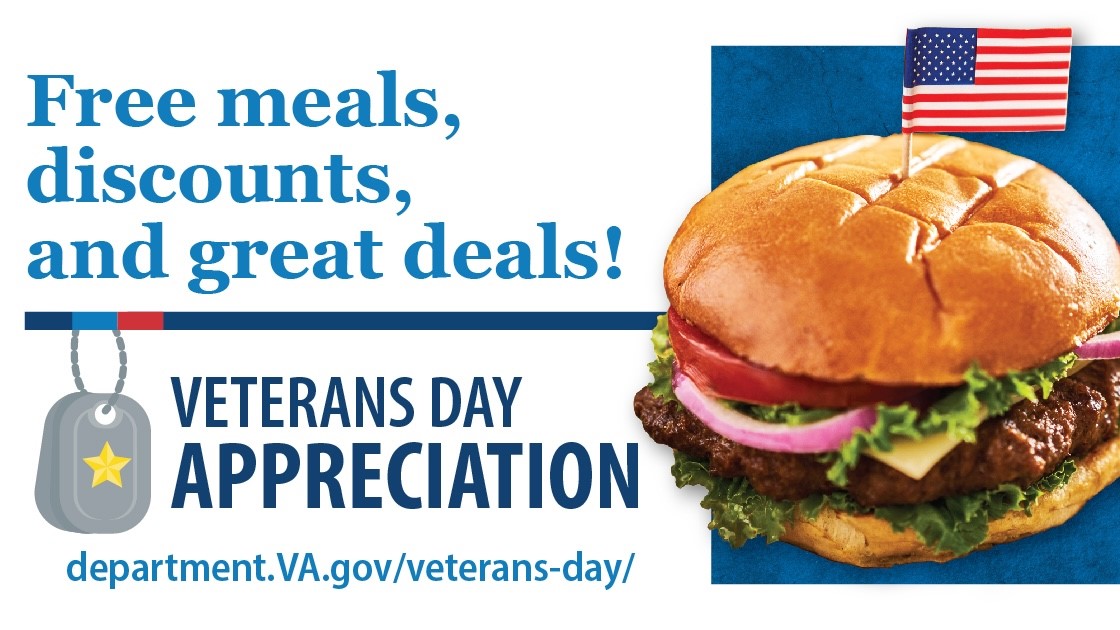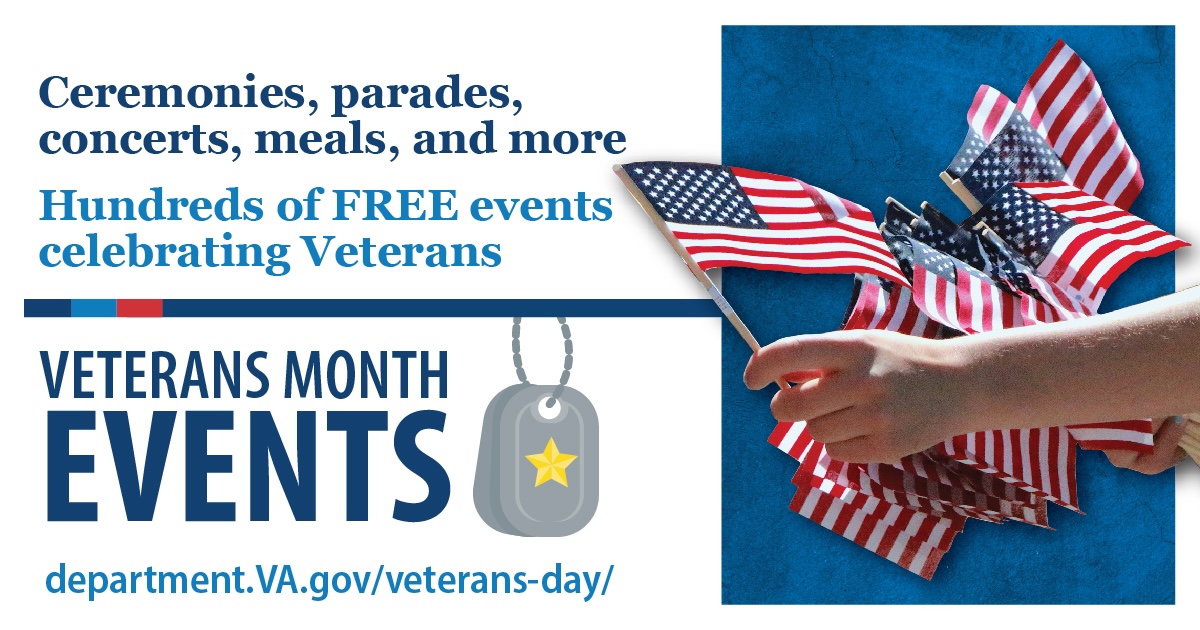Social media is essential in linking us with friends, family and people from all over the globe to communicate instantly. But learning about and following online safety tips is crucial to managing our online presence and staying safe.
What are social media safety concerns?
Most of us are registered with many social media sites and services, including those we signed up to try but no longer use. The proliferation of social media is changing us: how we keep up with friends, find love matches, consume news, purchase goods and fill our spare time.
The problem is that while we’re scrolling through our feeds trying to quench our brain’s thirst for new information, we’re also contributing to the world’s largest pool of market research and leaving room for companies across the globe to access our personal information. Even worse, significant data breaches continue to happen across social media sites.
Myspace was the first social media site to reach 1 million monthly active users in 2004. Today, platforms like YouTube, WhatsApp, Instagram, TikTok, Twitter and Snapchat have billions of users, with Facebook hosting a titanic 2.96 billion monthly active users. A 2021 study shows over 4.26 billion people use social media sites worldwide. In the United States, users spend over two hours on social media daily.
Follow these safety tips
Given our average time spent on social media, now is as good as any to check our security settings and protect our data with these quick tips:
- Always select the highest privacy settings. For example, make your page visible to your friends only by choosing the “Private Account” option available in your user settings.
- Enable two-factor authentication. Use two-factor authentication when available to prevent hackers from accessing your account. Most leading social media platforms offer this verification process as a simple way to enhance account protection.
- Disable location features. Turn off location services when not actively using them in a map app to help conceal your location from third parties.
- Choose a strong and unique password. Use a unique password that includes 8 to 12 letters, numbers and symbols for each one of your social media accounts. Don’t repeat passwords and be sure to change your passwords regularly. You can also use a password manager, which will notify you if any stored login information is compromised.
- Avoid suspicious friend requests. Do not accept friend requests from strangers or duplicate friend requests.
- Understand your digital footprint. Consider what you post and who can access it.
- Keep an eye out for scams. For example, never click on links or engage with unsolicited direct messages (DMs).
- Protect your kids. Criminals prey on kids using social media. Their personal information can be at risk if they are not updating their security settings.
Social media has two settings: on and off
While the most obvious way to secure personal data on social media is to remove ourselves from social media sites, many of us want to maintain connections with family and friends. Social media platforms have gained so much popularity that experts anticipate they will remain the communication medium of choice for the next decade.
By staying on social media, it’s vital to understand our data is exposed and to take precautions. Using social media—like most things in our lives—is about finding balance.
Topics in this story
More Stories
This 2024 Veterans Day discounts list will continue to be updated as we learn of more nationally available Veterans Day discounts, meals or other ways businesses and organizations want to give back to Veterans.
Here are instructions on the ways to renew your Veteran Health Identification Card.
November marks National Veteran and Military Families Month, highlighted by Veterans Day on Monday, Nov. 11. This list of Veterans Day and Veterans Month events is organized by state and will be continuously updated with more events throughout the month.







On the “keep an eye out for scams” point, also please be aware of any profile stating their a pro-vets organization that “only charges a small fee” for help with VA claims! There are tons of those in the social media sphere, and I’m really worried about how many veterans who may have been fooled into coughing up money to these scam artists.